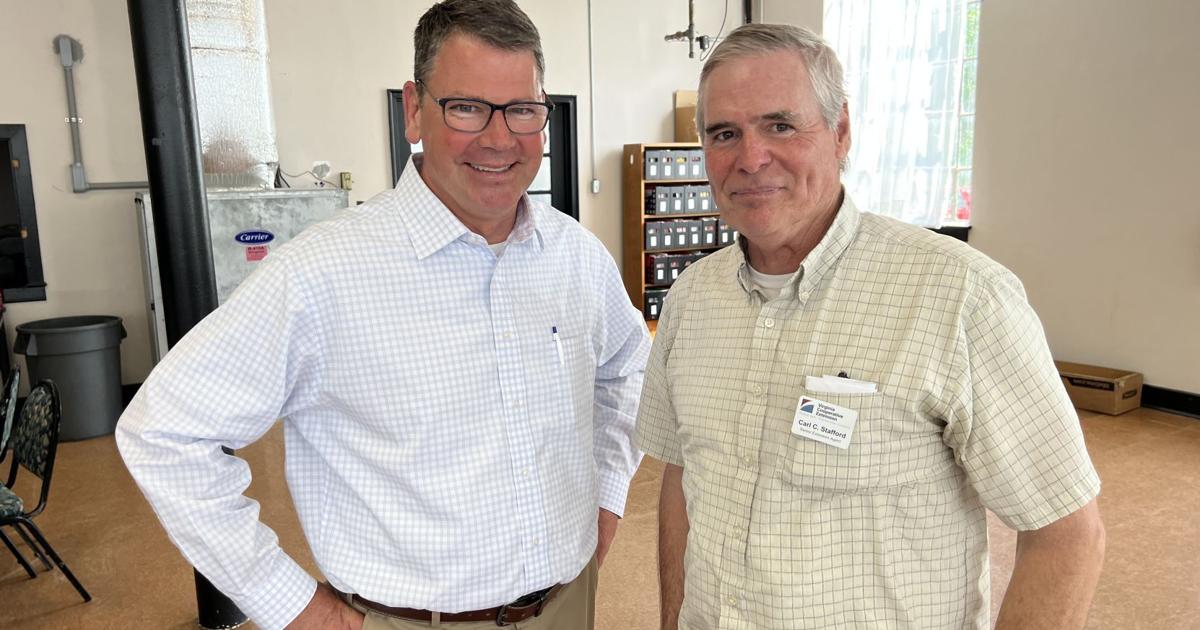
A boy learned late in high school that agriculture education was for him, and proceeded to line up permission to enroll in vocational agriculture, today’s agriculture education track.
The high school agriculture teacher was OK with this late start but sent him to the vocational director for approval. His verdict was—sorry, boy, you’re too late. This begins for the boy an alternative education in agriculture, one supervised day-to-day by family and friends, motived by personal interest and ability, but most important, experiences with extended family and employers.
As formal education progressed beyond “experiential learning,” a mainstay of today’s agriculture education programs, a refined interest in and ability developed by the boy—now a young man learning agriculture through higher education. Teacher certification was obtained, the teacher’s exam passed and a few years of teaching experienced.
Future Farmers of America is part of being an Ag teacher and this “club” is associated with high school agriculture, today known only by its initials—FFA. Its members gain important experience most notably in leadership, public speaking and critical problem-solving competitions.
People are also reading…
We learned last week the importance of FFA and Ag education to Virginia’s Secretary of Agriculture and Forestry, Matt Lohr, who served as both state and national officers of FFA as a youth. He did not lead with this fact, but responded after learning of two retired agriculture teachers present in the audience during his listening session at The Carver Center last week.
Secretary Lohr reflected only then on the importance of his Agriculture Education experience as a student and a teacher. He remarked how important “Ag” teachers are to him and the difference these experiences made in his life. There are others who have this same feeling.
I hear 60-something farmers today remark of an Ag teacher, a leader who turned out capable students, as many have. But these were the days of traditional “Ag Ed,” mostly white boys and few girls. Today some 50% or more of Ag students are female and they are drawn to classrooms often run by women offering relatable courses. Students can see themselves in their teacher and this is important to anyone imagining a place to belong.
Our school system has more Ag teachers than ever before; in the past there was only one, and only then at the high school. A retired extension agent went back to work teaching, he introduced the idea of middle school agriculture and today there is a teacher at each of Culpeper’s middle schools as well as a second department at the newest high school. More Ag teachers turning out more students today.
People learn in different ways, some by reading, some by listening, some by touching or tasting; some use a combination of senses. The learning by doing model followed in agriculture education combines classroom with hands-on experiences. Shop and FFA judging teams are good examples of this. This works for many students and it reinforces the classroom with experiences that are touched first, but also seen, heard, smelled and tasted. This creates a memory. They are learning by doing, practicing their lesson, becoming confident and capable citizens.
No wonder Ag teachers are held in such high regard.
Carl C. Stafford is the Virginia Cooperative Extension’s senior agent in Culpeper County. Write him at ccstaffo@vt.edu.
"lasting" - Google News
June 19, 2022 at 03:15PM
https://ift.tt/CZdIjBk
STAFFORD: An education in agriculture leaves a lasting impression - Culpeper Star-Exponent
"lasting" - Google News
https://ift.tt/mHYlh0N
Shoes Man Tutorial
Pos News Update
Meme Update
Korean Entertainment News
Japan News Update
Bagikan Berita Ini














0 Response to "STAFFORD: An education in agriculture leaves a lasting impression - Culpeper Star-Exponent"
Post a Comment